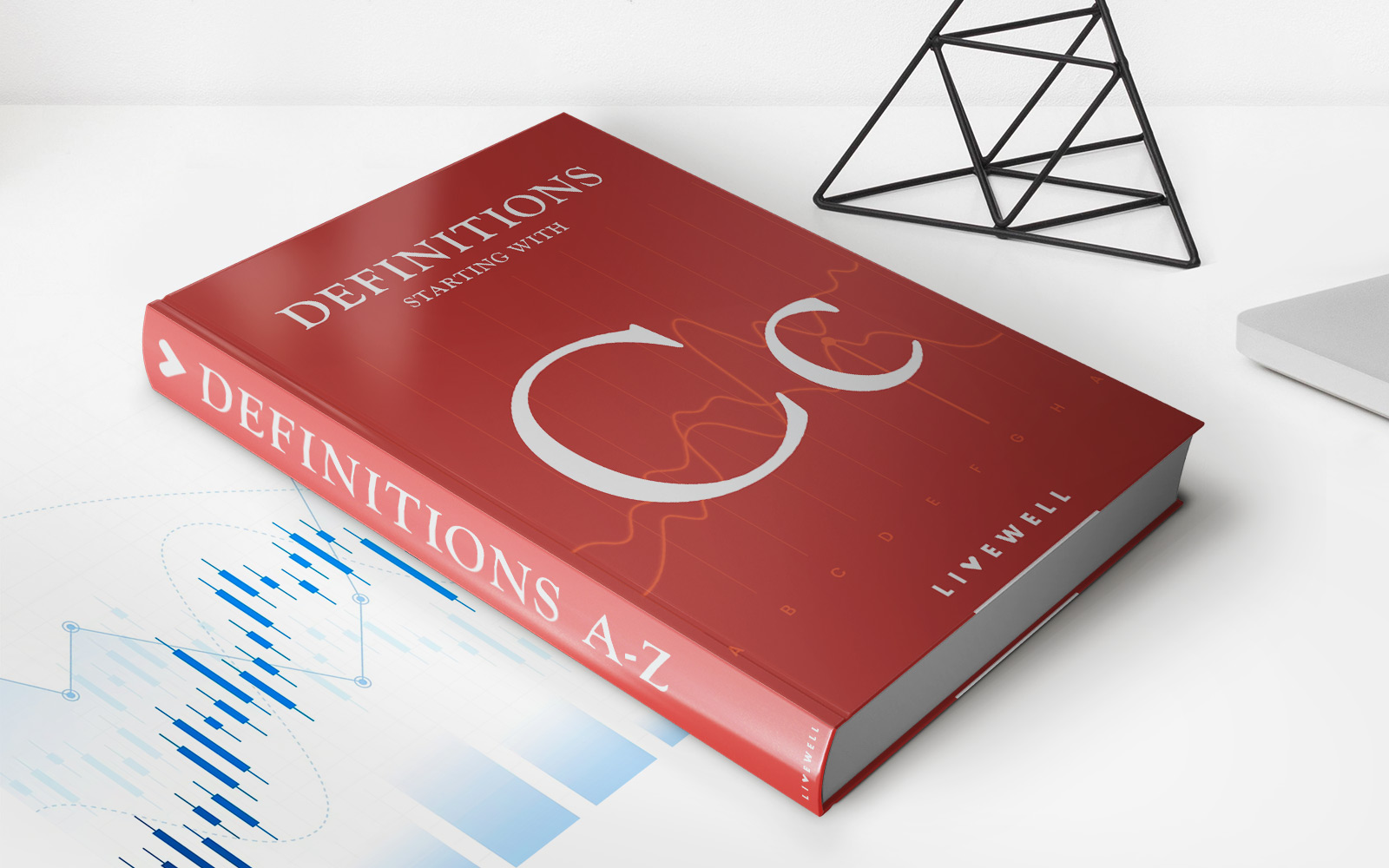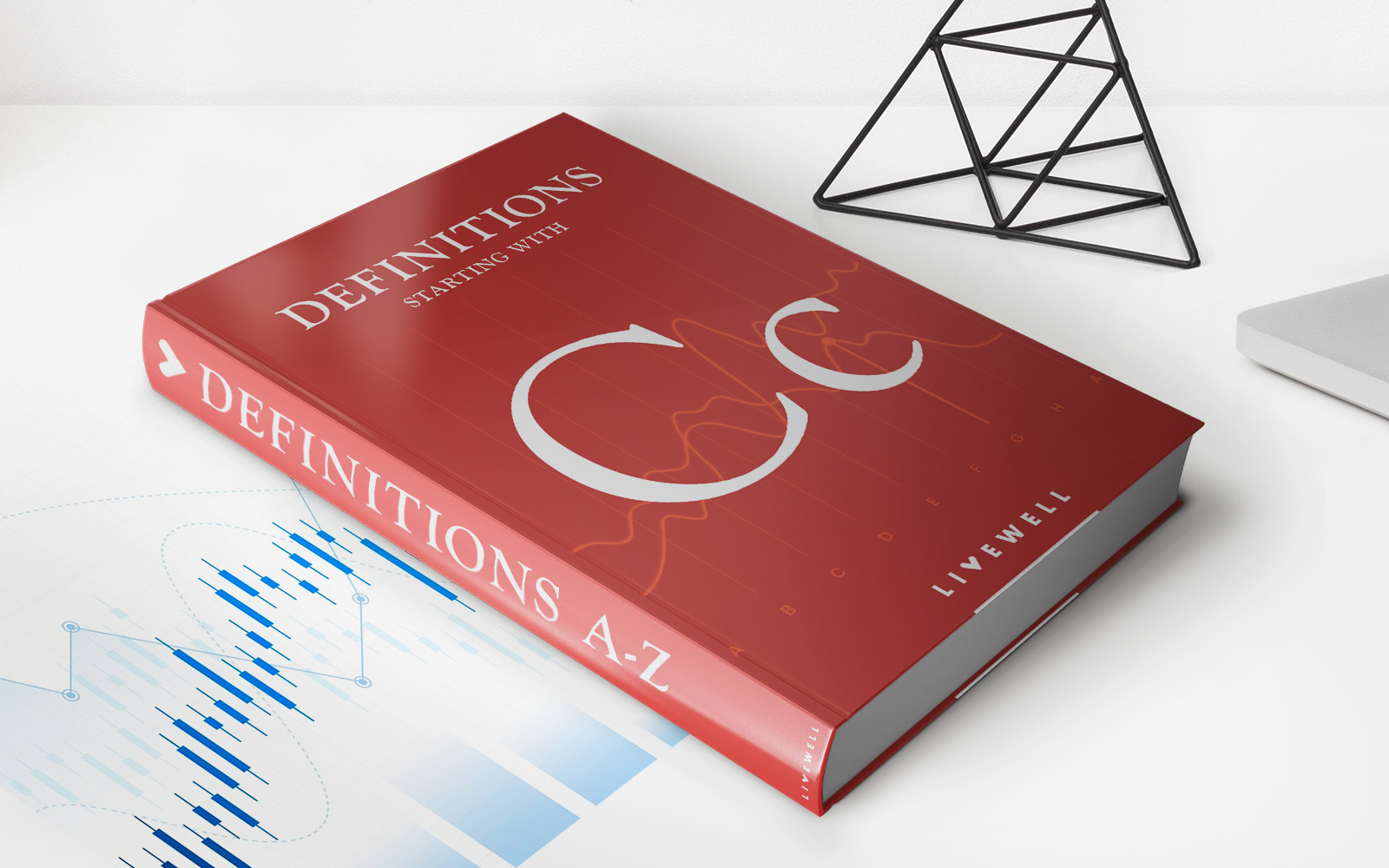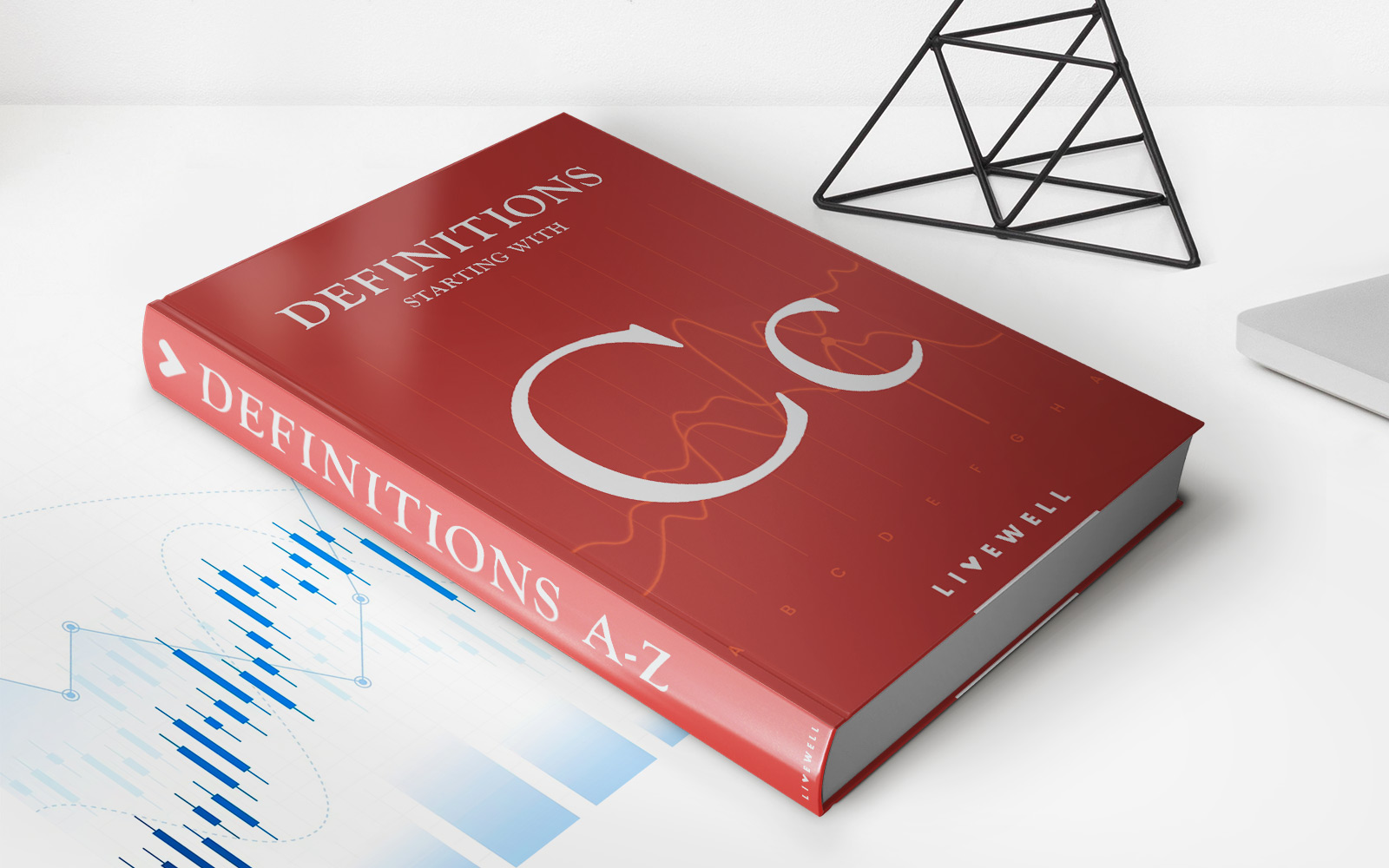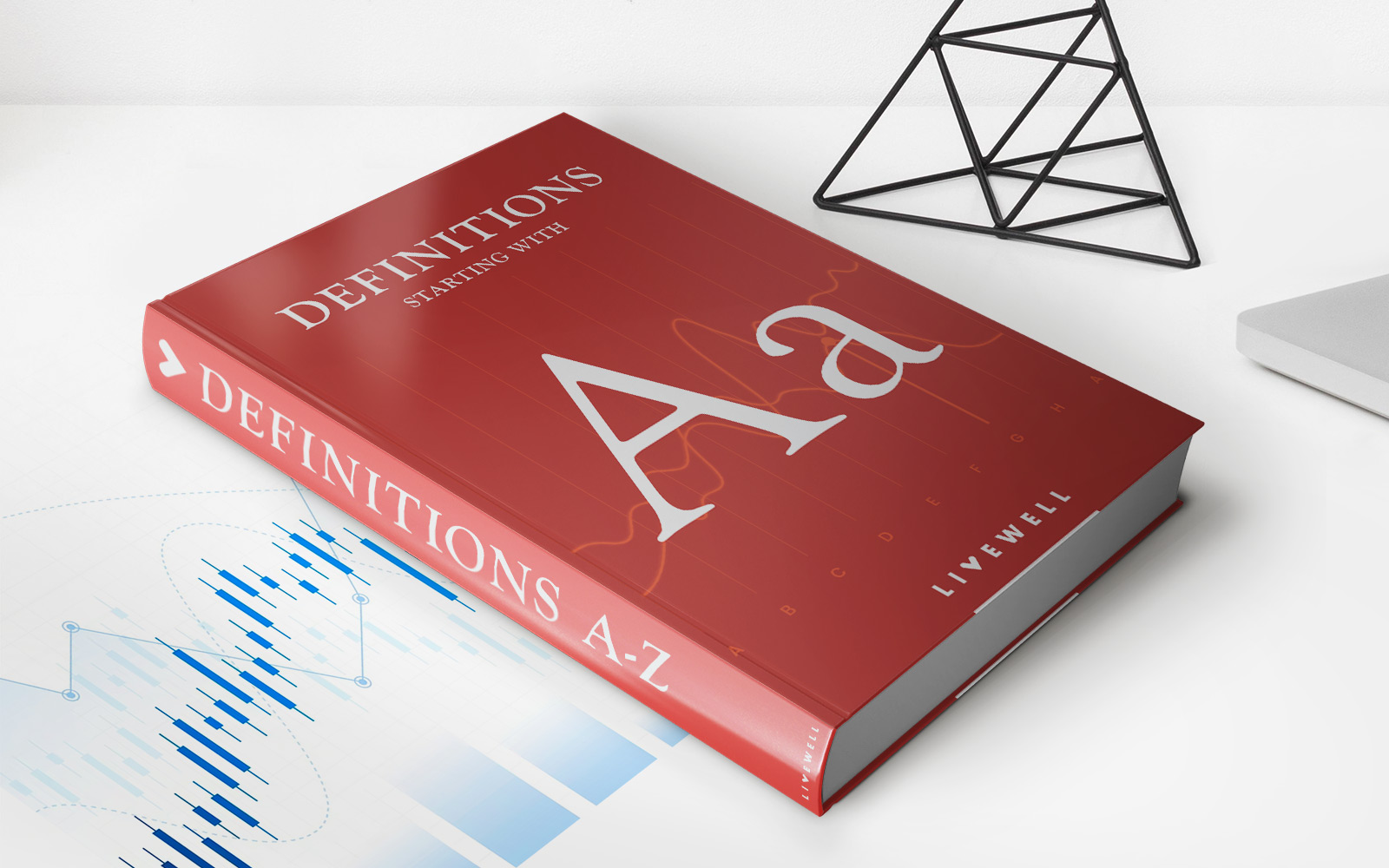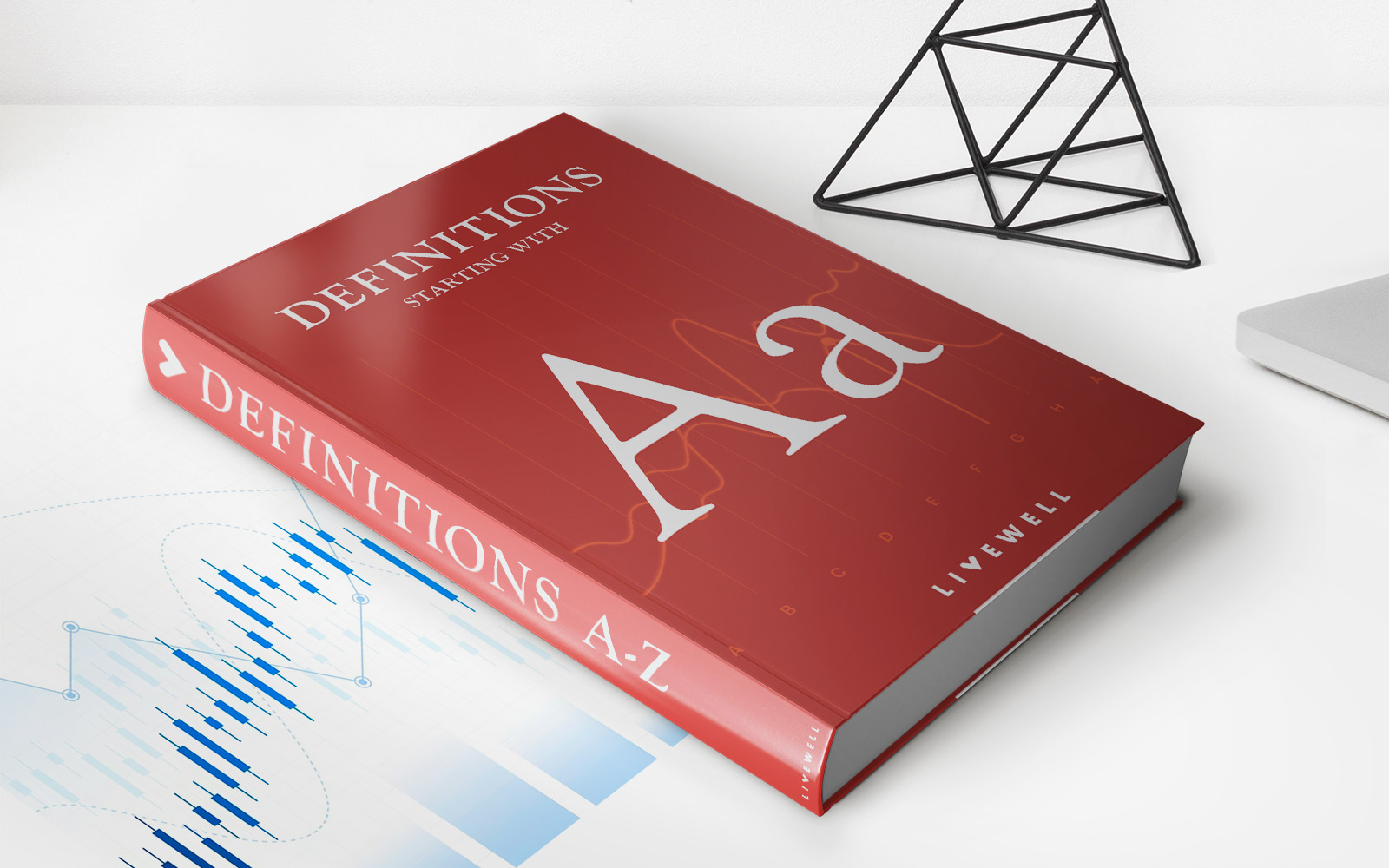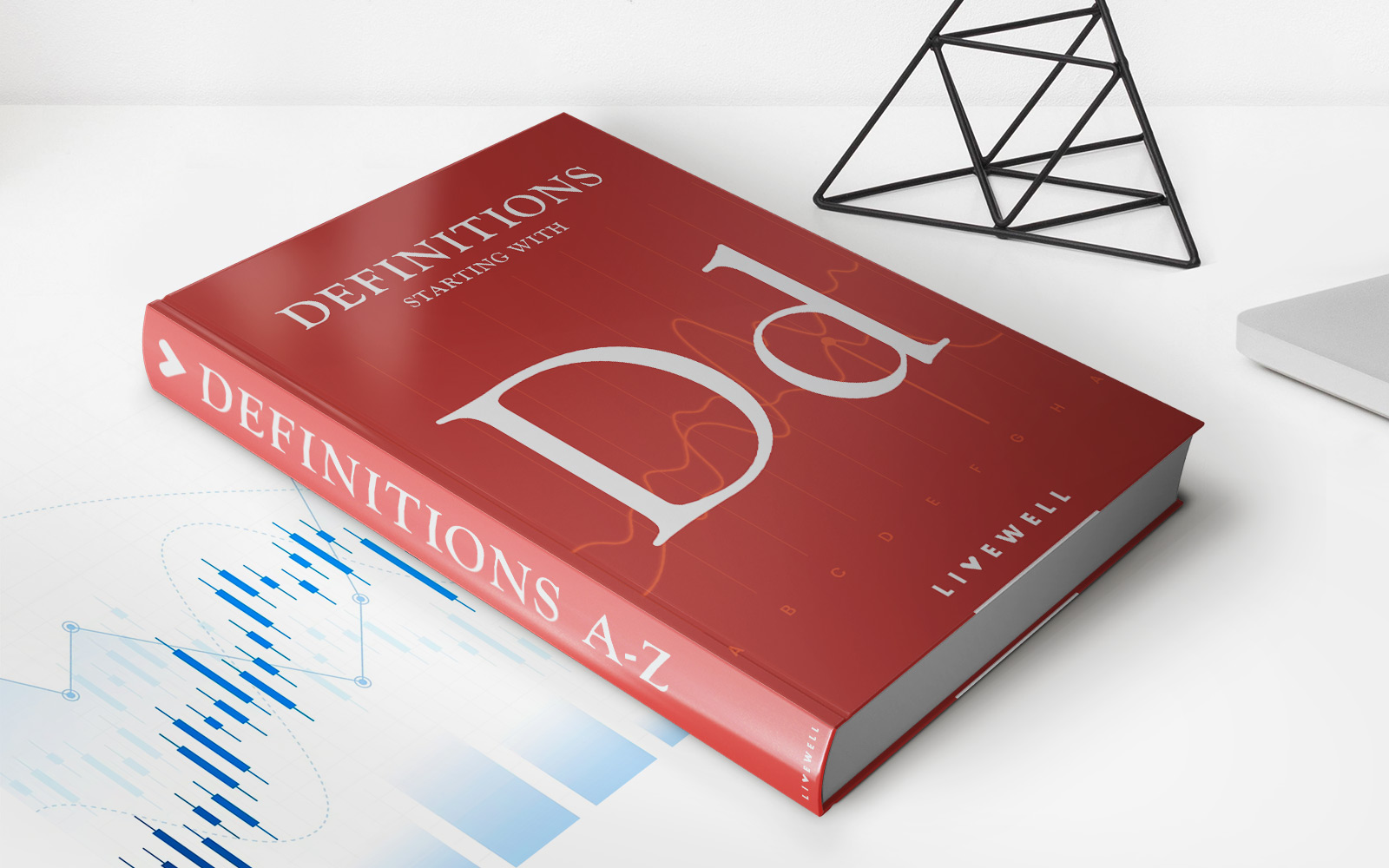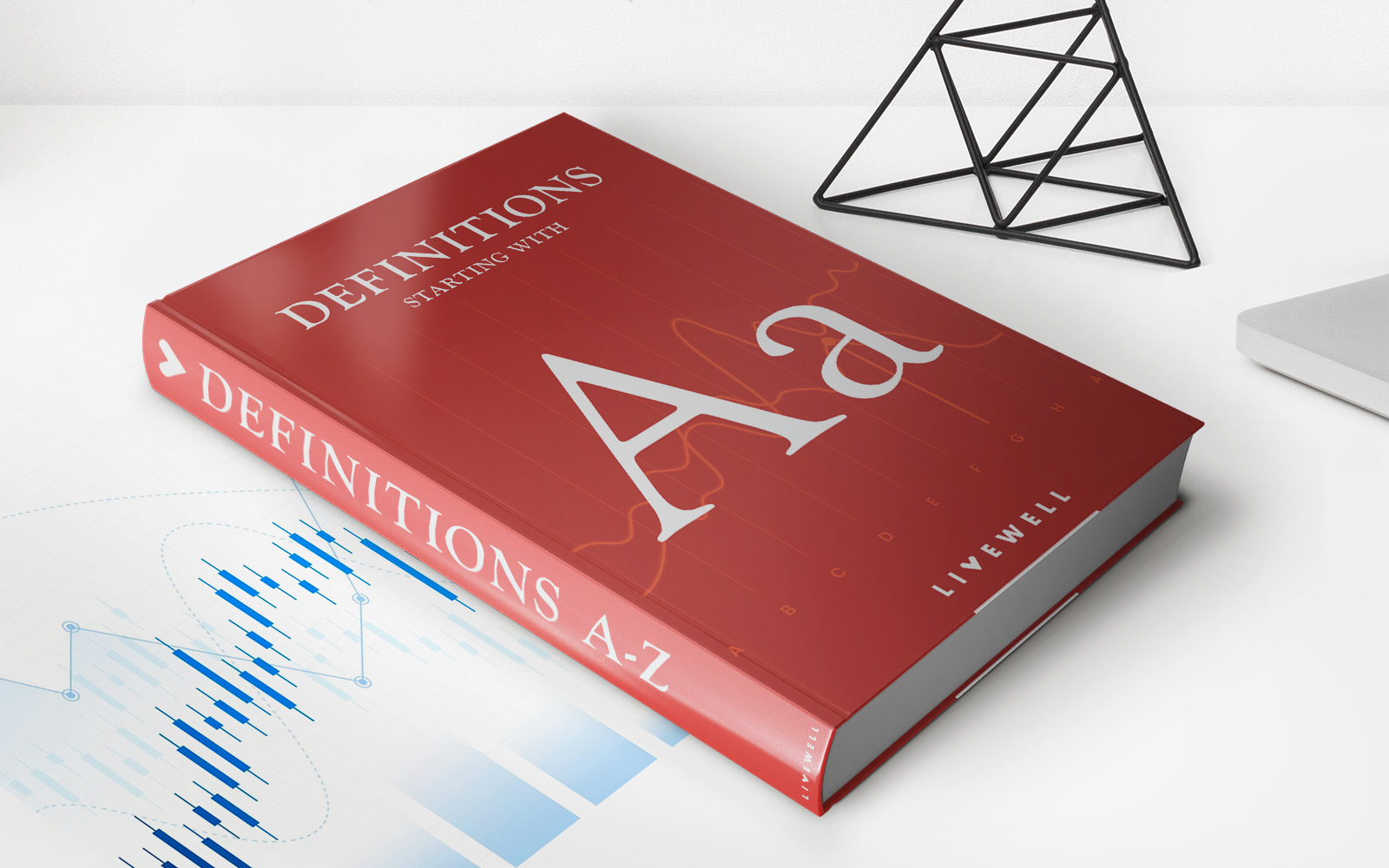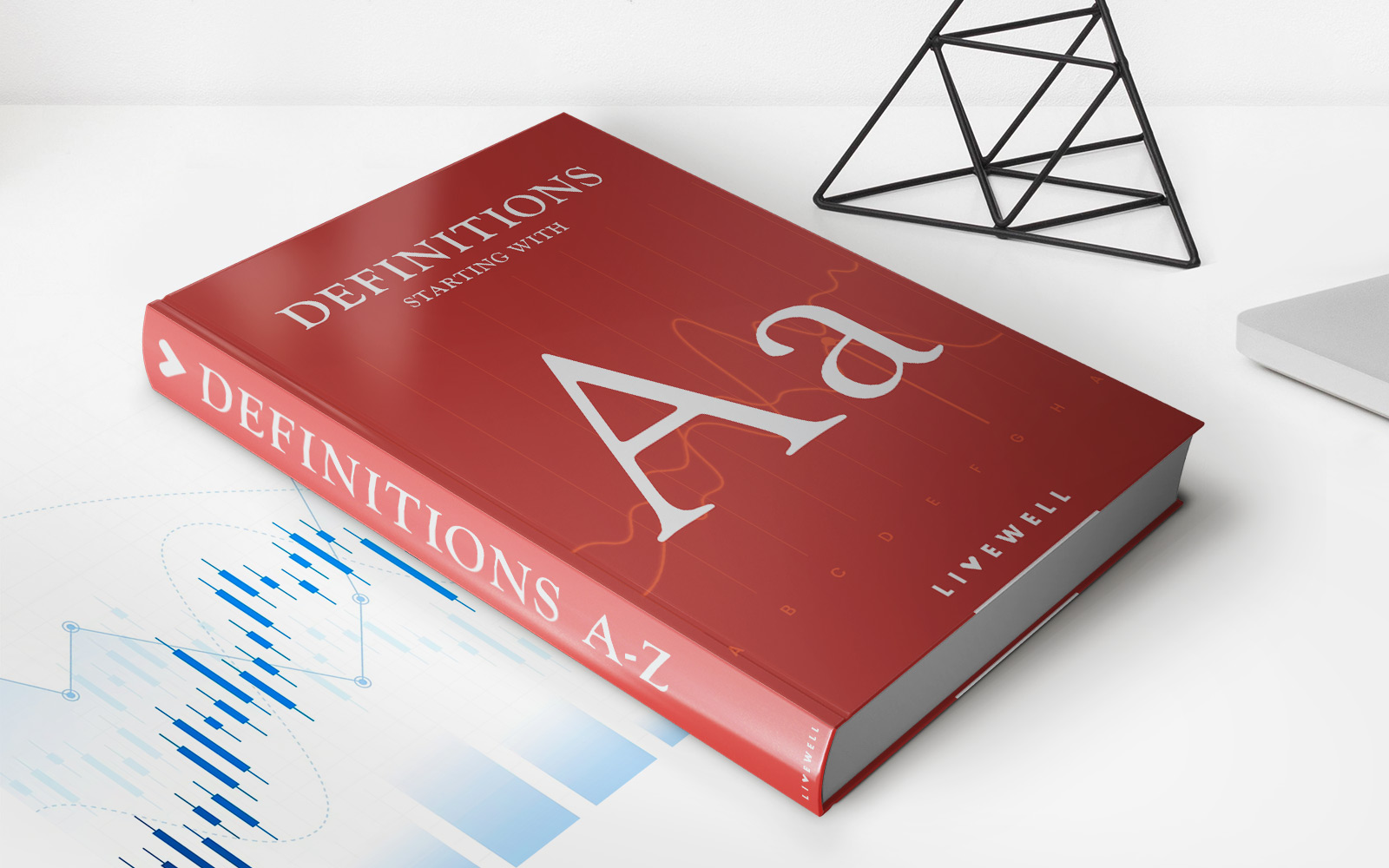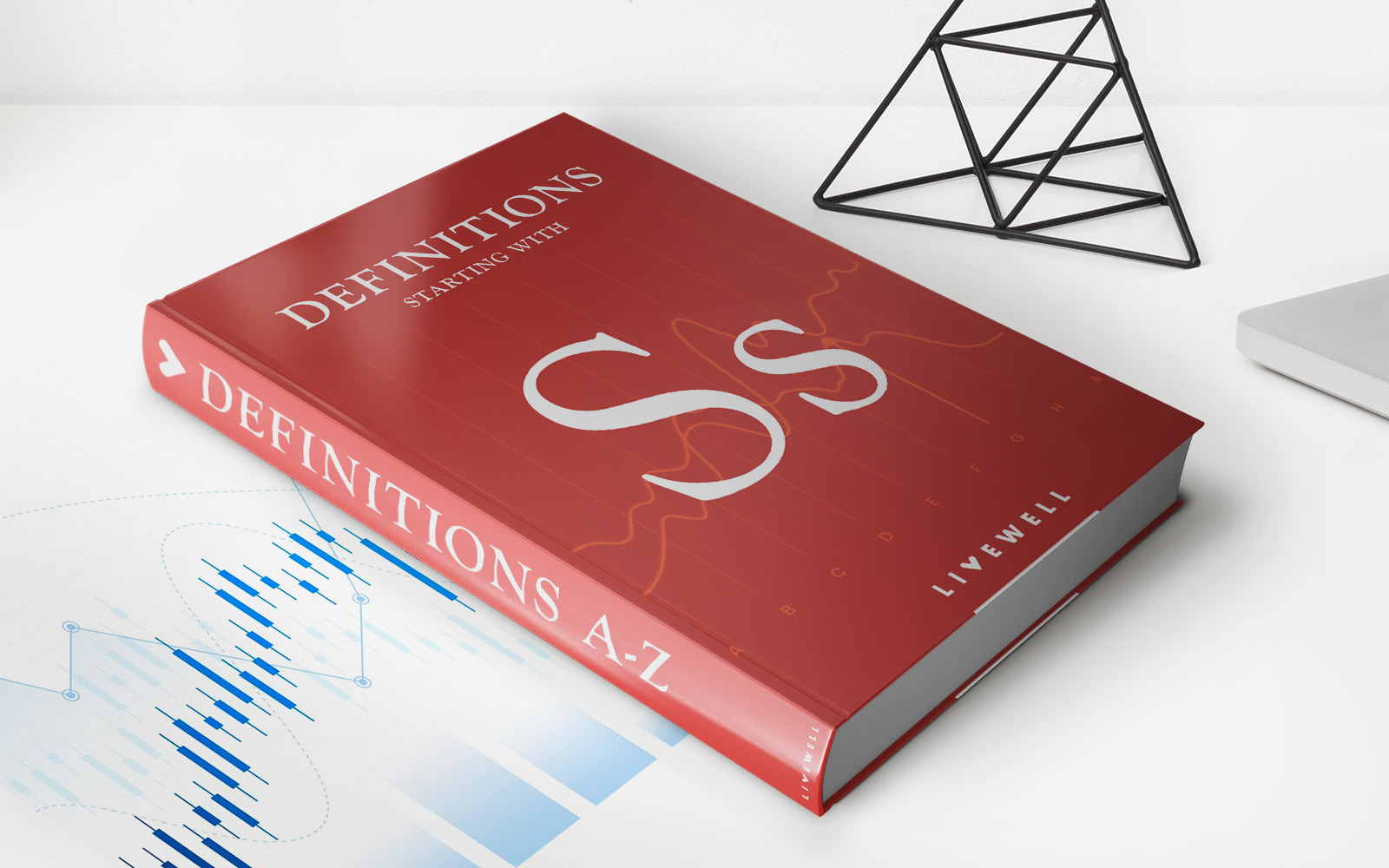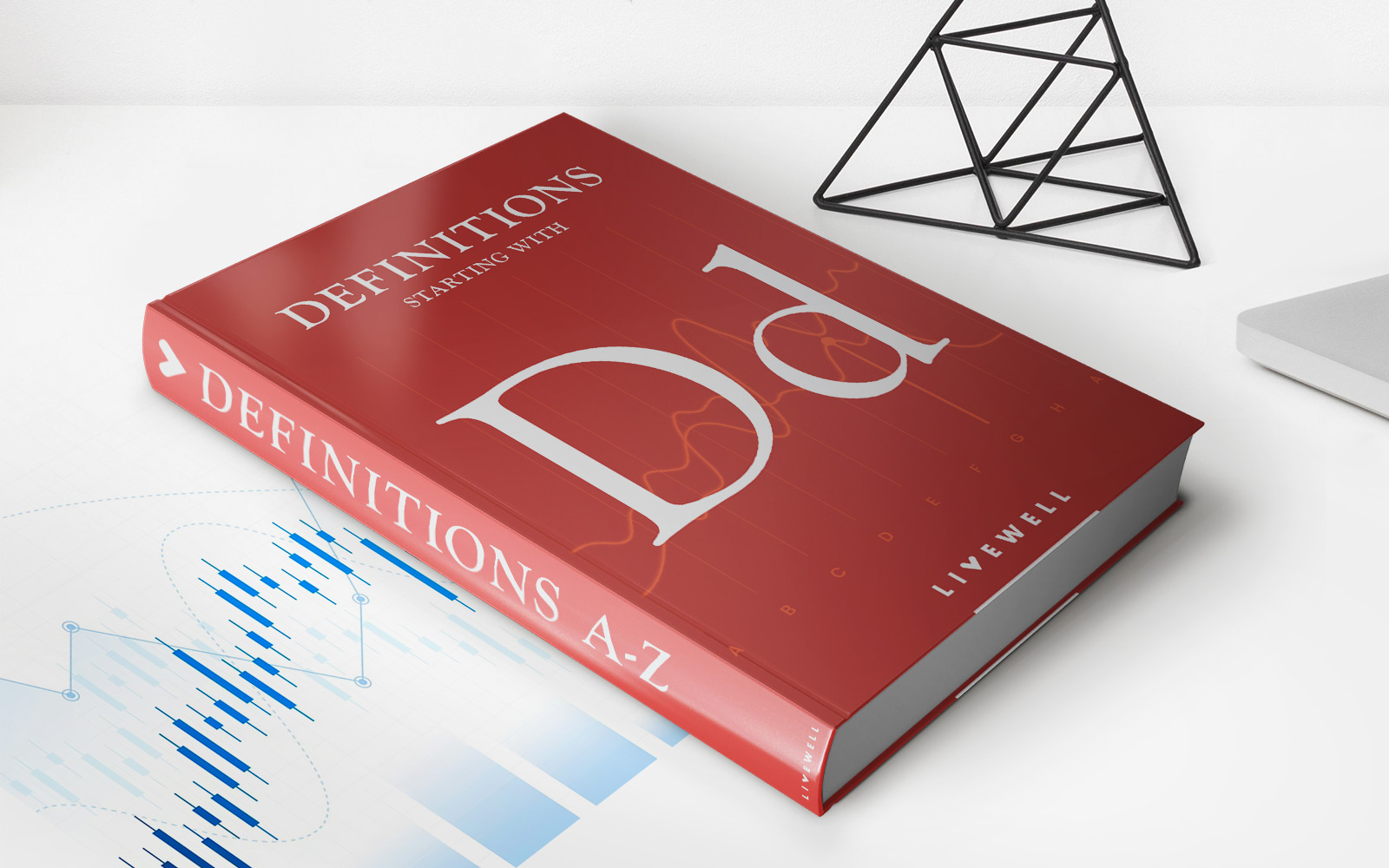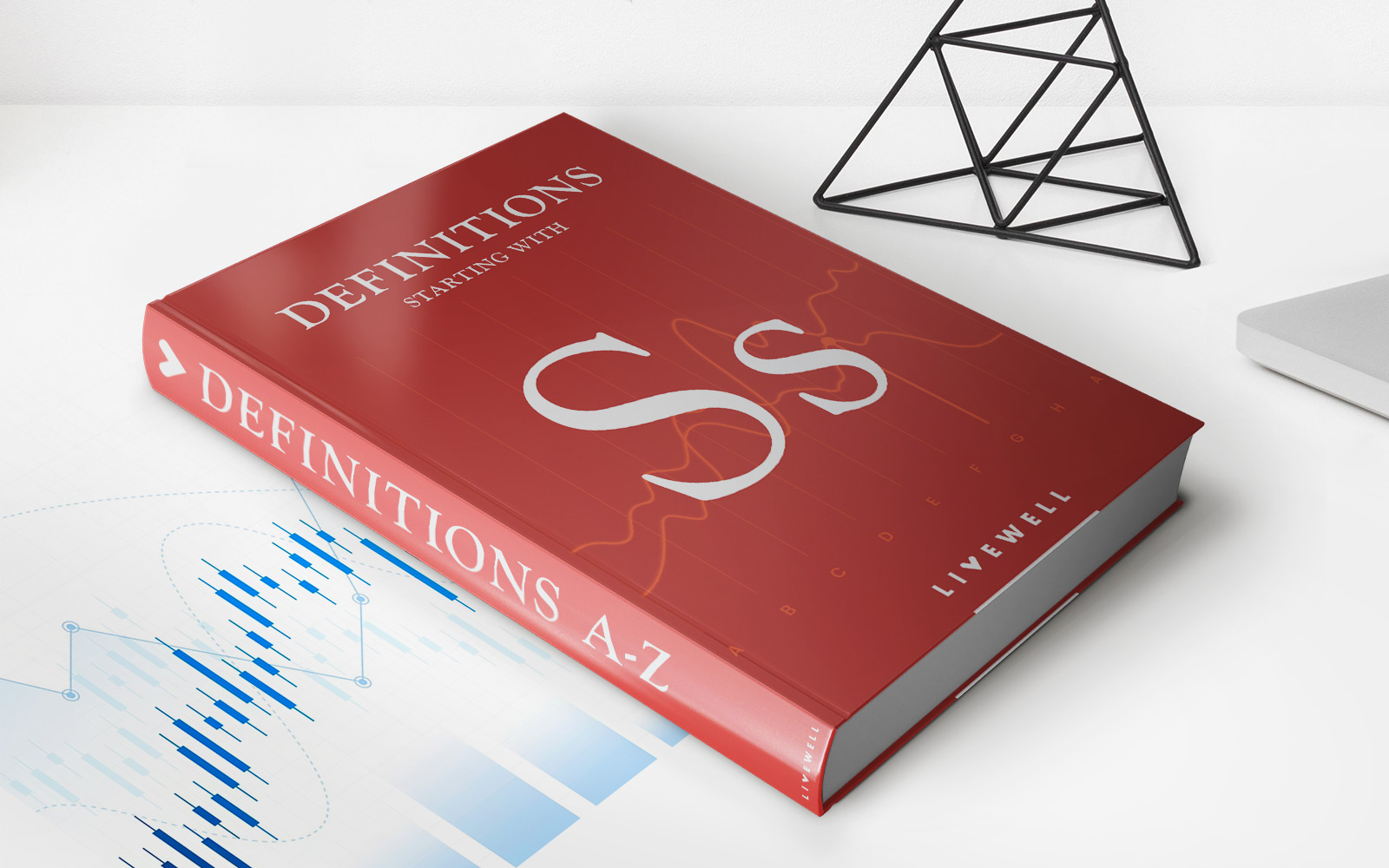Home>Finance>Cost Accounting: Definition And Types With Examples
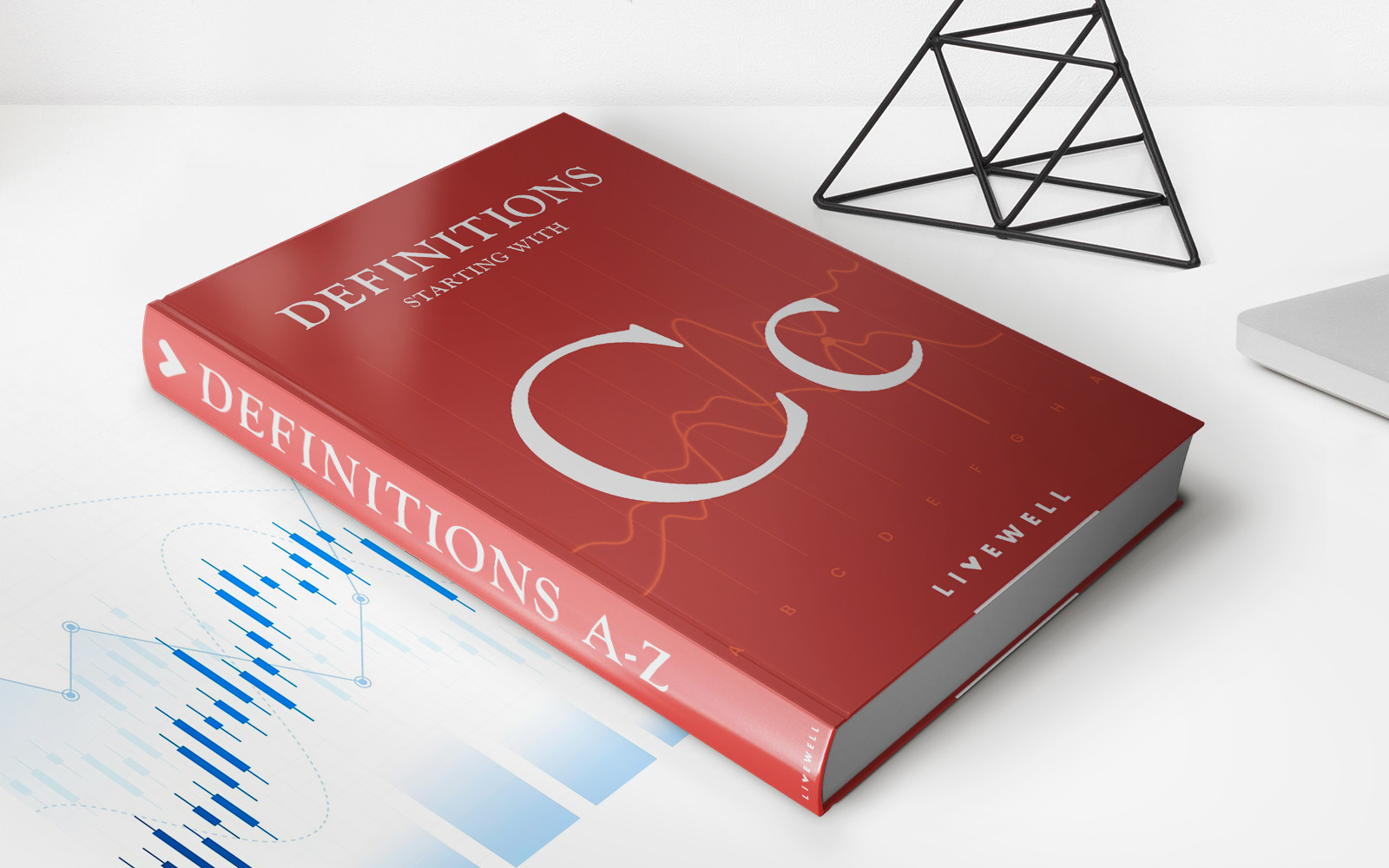

Finance
Cost Accounting: Definition And Types With Examples
Published: November 3, 2023
Discover the definition and types of cost accounting in finance. Includes real-world examples to help you understand the importance of this financial principle.
(Many of the links in this article redirect to a specific reviewed product. Your purchase of these products through affiliate links helps to generate commission for LiveWell, at no extra cost. Learn more)
What is Cost Accounting?
When it comes to managing finances, businesses often incorporate a variety of accounting methods. One such method that plays a crucial role in financial decision-making is cost accounting. But what exactly is cost accounting?
Cost accounting is a specialized branch of accounting that focuses on the analysis and classification of costs associated with a company’s products, services, or operations. It involves tracking, recording, and analyzing various costs incurred by a business to help management make informed decisions regarding pricing, profitability, and resource allocation.
Key Takeaways:
- Cost accounting is a specialized branch of accounting focused on analyzing and classifying costs.
- It helps businesses make informed decisions regarding pricing, profitability, and resource allocation.
Types of Cost Accounting
Cost accounting encompasses various techniques and methods to evaluate and allocate costs. Let’s explore some of the commonly used types of cost accounting:
- Job Costing: This method involves tracking and allocating costs to specific jobs, projects, or orders. It is often used in industries like construction, custom manufacturing, and professional services, where each project or job has unique costs and requirements.
- Process Costing: Process costing is employed by businesses operating in industries that involve a continuous production process, such as chemicals, oil refining, or food processing. This method calculates the average cost of each unit produced over a specific period and allocates it to the final product.
- Activity-Based Costing (ABC): ABC is a more granular approach to cost accounting, focusing on the activities that drive costs within an organization. It involves identifying cost drivers, which are activities or factors that influence the incurrence of costs. By assigning costs to specific activities, companies can better understand the true cost of products or services and allocate resources efficiently.
- Standard Costing: Standard costing involves setting predetermined cost standards for various components, such as materials, labor, and overhead. The actual costs are then compared to these predetermined standards to evaluate performance and identify areas for improvement.
Examples of Cost Accounting
Now that we have explored the different types, let’s look at some examples of cost accounting in action:
- A manufacturing company tracks the costs of raw materials, labor, and overhead to determine the production cost per unit of a product. This information enables them to set competitive prices, optimize resource allocation, and evaluate profitability.
- A construction firm uses job costing to track the costs associated with each construction project, including labor, materials, equipment, and subcontractors. This helps in accurate project budgeting, monitoring costs, and determining profitability for each job.
- A retail company utilizes activity-based costing to identify the cost drivers for different product lines. By understanding the activities that contribute to costs, they can identify areas where costs can be reduced, such as streamlining supply chain processes or optimizing inventory management.
Conclusion
In conclusion, cost accounting plays a vital role in helping businesses understand and manage their costs effectively. By employing various methods such as job costing, process costing, activity-based costing, and standard costing, companies can make informed decisions, optimize resource allocation, and improve profitability. Embracing cost accounting can provide a competitive advantage in a challenging and dynamic business environment.
Are you interested in learning more about cost accounting? Reach out to our finance experts today to explore how cost accounting can benefit your business.
